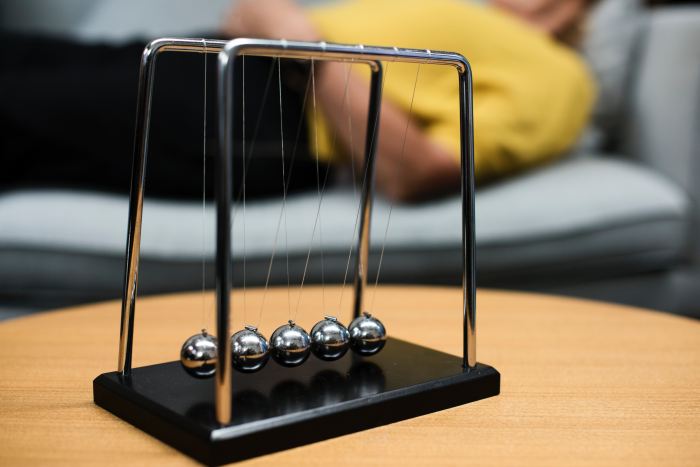
Why CURIOSITY IS SO IMPORTANT
By Craig Johns
Curiosity leads to breakthrough discoveries and remarkable inventions. So why do we see companies stifling curiosity in the workplace?
It is normal for humans to seek new information and experiences. By cultivating curiosity and the promotion of exploring novel possibilities throughout a company, employees will think deeper and more rationally about decisions.
“The important thing is not to stop questioning. Curiosity has its own reason for existing.
ALBERT EINSTEIN
If we step back in time, when we were a child, we had an insatiable need to explore and understand the world around us. We were not afraid to challenge the status quo by asking lots of questions, tasting things we probably shouldn’t or doing something for the first time, without the worry of whether we were wrong or offending anyone.
As we grew older we become more self-conscious, try to appear more confident and show that we know what we are doing. By the time we arrive as adults, our curiosity is quite suppressed as fear of being judged and not living up to other people’s expectations creeps in.
The future belongs to the curious. The ones who are not afraid to try it, explore it, poke at it, question it and turn it inside out.”
UNKNOWN
Curiosity leads to creativity and innovation, which is important for you and your company to adapt to uncertain market conditions and external pressures. It creates an environment that inspires employees to improve their collaborative relationships, trust and more respect of their leader.
Leaders can fall into the trap of thinking that curiosity will increase risk and inefficiency. They stumble with the conundrum faced between the now and the future. How do we meet budget, sales targets, membership numbers and deadlines, when we know that we need to allow time where employees have the freedom to create new products, services, processes and business lines?
“Curiosity, especially intellectual inquisitiveness, is what separates the truly alive with those who are merely going through the motions.
TOM ROBBINS
Finding the balance of exploration versus efficiency is an important component of a leader. Employees, who are under pressure to complete tasks quickly, tend to avoid asking questions about how they can improve their output and enhance the possible outcomes. When we question the status quo, we may not always produce useful information or solutions, but we also may prevent a decision being made that is catastrophic for your role and your company.
We perform better when we are curious because we view the tough situations more creatively. High performing employees, who are curious, seek more information from their colleagues, which helps improve the work that they do. They perform better because information is openly shared and they listen more carefully. New ideas are created, job satisfaction is improved, motivation increases and innovation flourishes as curiosity leads to a high performance environment.
“Around here, we don’t look backwards for very long. We keep moving forward opening up new doors and doing new things, because we are curious and curiosity leads us down new paths.
WALT DISNEY
The power of solving problems together and looking at suitable alternatives, brings teams closer together. It allows employees to step into another employees shoes, look at it from another perspective and allows them to work together in a more effective manner.
How will you spark new ideas, rather than killing the flame, today?
DOWNLOAD
To learn more about proactively planning your recovery and scheduling your energy, please DOWNLOAD the Break the CEO Code Whitepaper
READ MORE ARTICLES
Beyond The Comfort Zone Link
High Performers Cultivate More Powerful Traits Link
Are You Living Link
People Are Our Greatest Assets Link
It’s All About Trust Link
Are You Leading A High Performing Culture? Link
Are Leaders Born? Link
LEARN MORE
active CEO COACHING
active CEO CORPORATE
active CEO PODCAST
Craig Johns SPEAKER
Craig Johns BLOG
Contact CRAIG JOHNS
Return to HOME











